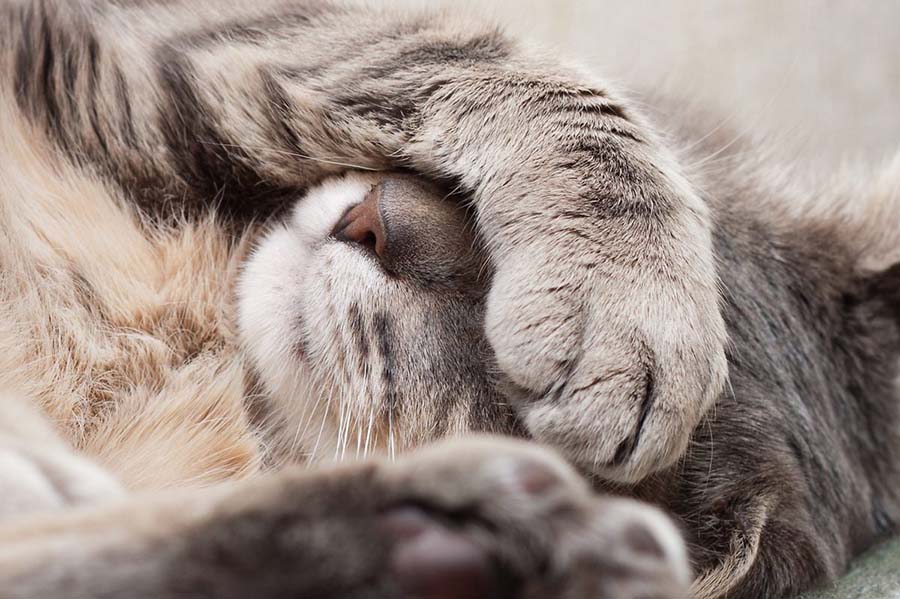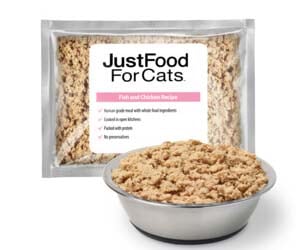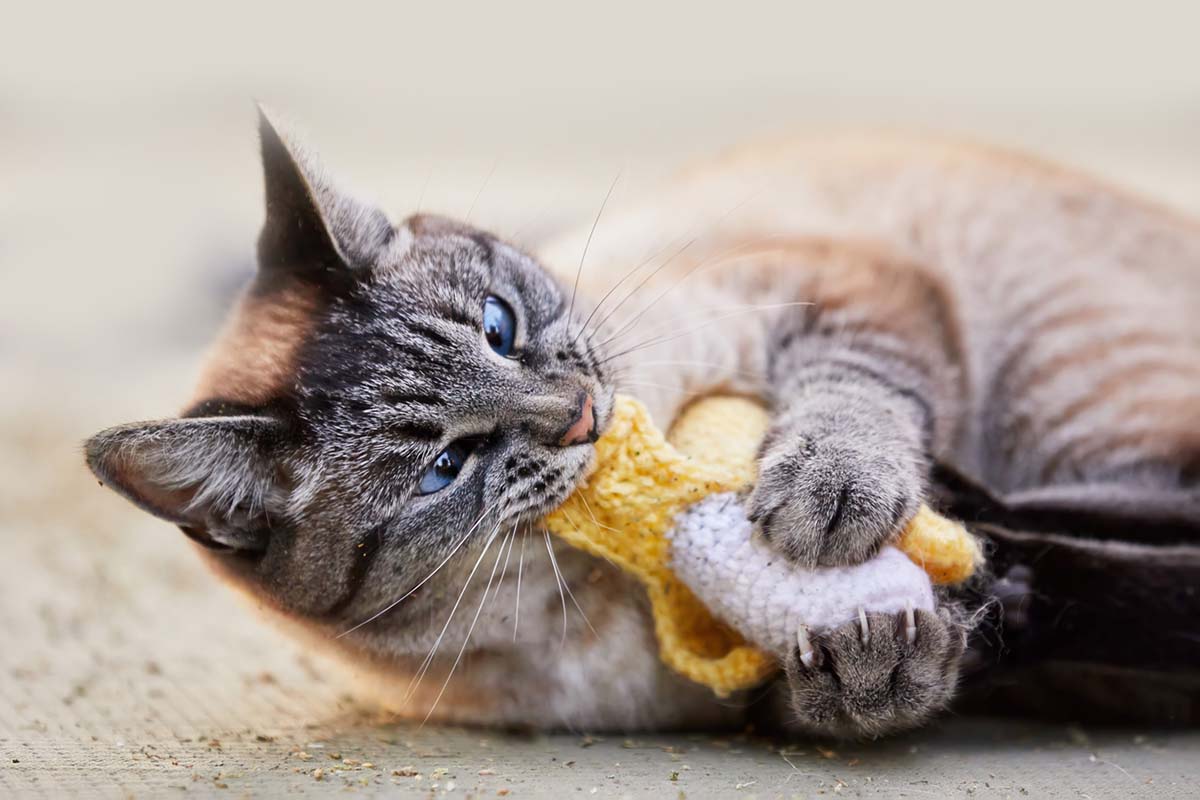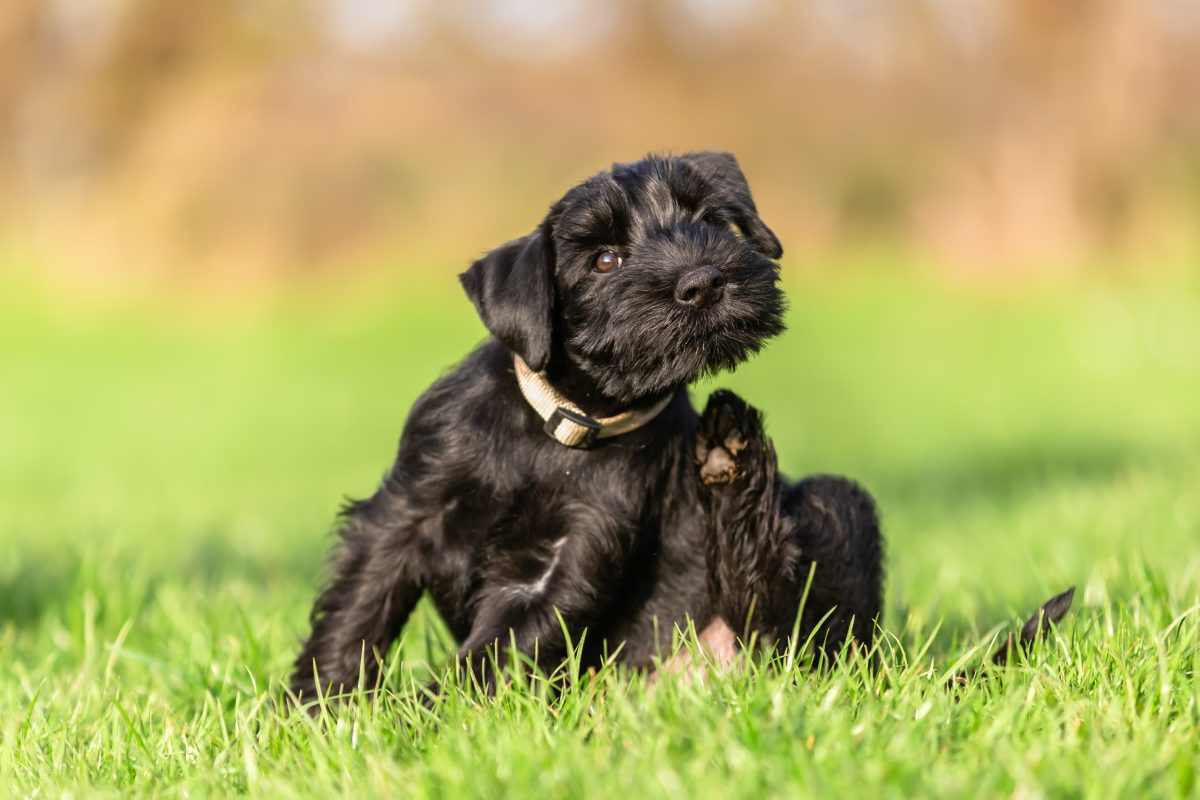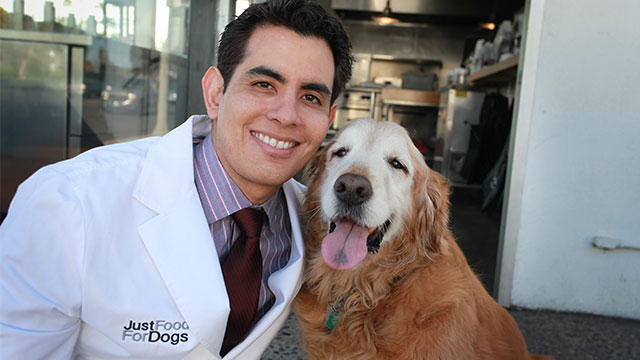Why Do Cats Hiccup?
Have you ever caught your cat hiccupping? Do cats get hiccups? It’s not very common for cats to hiccup, but it does happen.
Have you ever caught your cat hiccupping? Do cats get hiccups? It’s not very common for cats to hiccup, but it does happen. It is much more common in dogs, especially puppies. We asked around the office, and none of us here have ever seen a cat with hiccups, however, if it does happen, here’s what you should know.
A hiccup, or “singultus,” is caused by the diaphragm contracting involuntarily at the same time the glottis closes. This is caused by irritation of the nerve that runs to the diaphragm.
Hiccups can happen from swallowing too much air when your cat eats, as occurs in small puppies or kittens, or can be caused by irritation of the gastrointestinal tract close to the nerve. Potential causes of cat hiccups include:
- overeating cat food
- eating or drinking too fast
- parasites
- hairballs in cat’s throat
- heart disease
- foreign body ingestion
- inflammatory bowel disease
- food allergy
There have also been a few cases of increased calcium levels in the blood causing hiccups in dogs secondary to metabolic disease.
HOW LONG SHOULD CAT HICCUPS LAST?
Considering that feline hiccups not as common, and the fact that some serious medical conditions (like a tumor) could be associated with hiccups, any lasting longer than a few hours should be evaluated by a DVM. Unlike human hiccups, cats cannot try the drinking water upside-down trick to get rid of their hiccups.
WHAT CAN YOU DO TO STOP YOUR CAT’S HICCUPPING?
Contrary to cases of hiccups being a common complaint in humans, which is typically easily resolved with a variety of at-home therapies, cat hiccups are less common and can be associated with serious health conditions. Therefore, it is not recommended that pet parents try any home remedies to resolve hiccups in a cat.
General tips include making sure the cat has plenty of food and water available and giving the cat some calm quiet time. Some adult cats prefer running water, so a tap or circulating fountain should be made available. Do not attempt to force the cat to eat or drink!
WHAT ELSE SHOULD I KNOW ABOUT HICCUPS AND CAT HEALTH?
There are a number of things that cats may do that could look like hiccups, when in fact a different health problem is occurring. This could include:
- trouble breathing/asthma
- allergies/sneezing
- linear foreign body (thread, yarn, or ribbon ingestion)
- a foreign body in the airways
- separation anxiety
- neurological conditions
Even a chirp or manifestation of purring–given that similar anatomic structures are involved in purring and hiccupping.
Hiccups themselves are unlikely to be dangerous, but in some cases, they can be a sign of a more serious disease. If your older cat gets bouts of hiccups frequently or if they last for long periods of time, then a veterinary consultation should be sought. For chronic hiccups, your vet will probably recommend a physical exam, blood work, and possibly radiographs to rule out serious disease for your furry friend.
This content is for informational use only and does not replace professional nutrition and/or medical advice, diagnosis, or treatment. It is not a substitute for and should not be relied upon for specific nutrition and/or medical recommendations. Please talk with your veterinarian about any questions or concerns.
